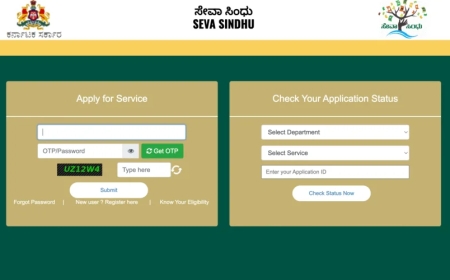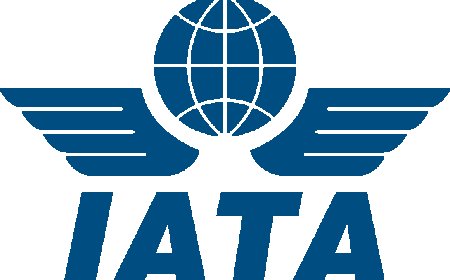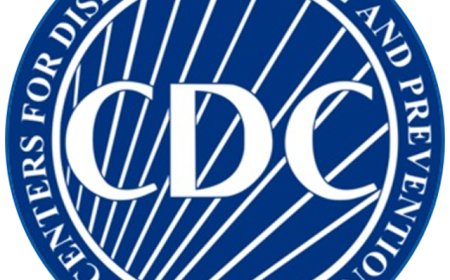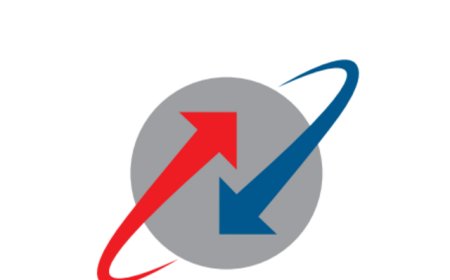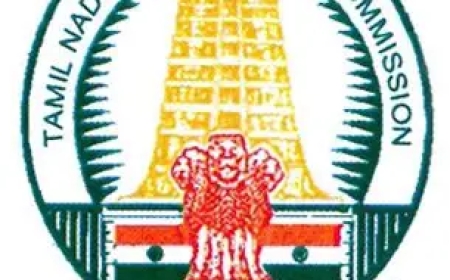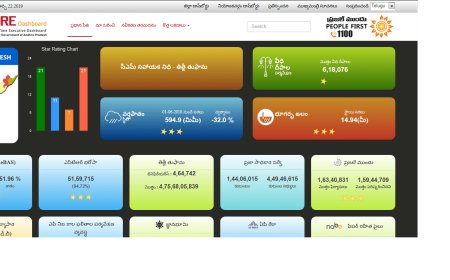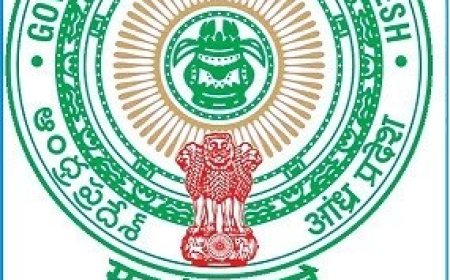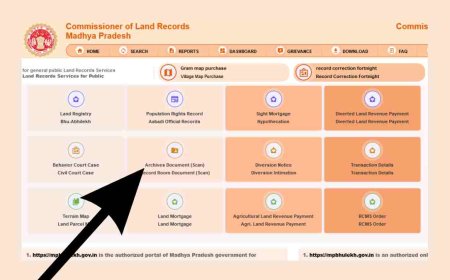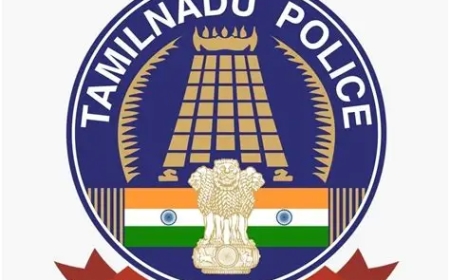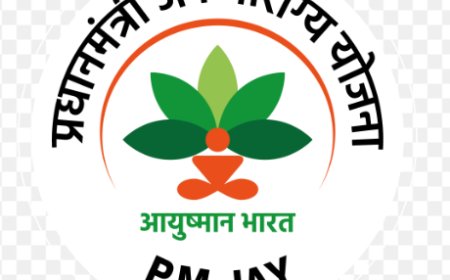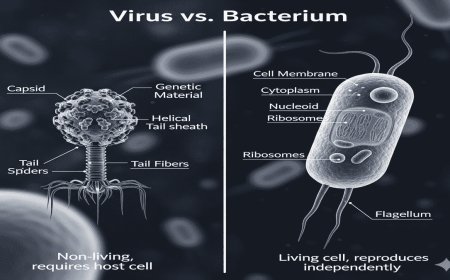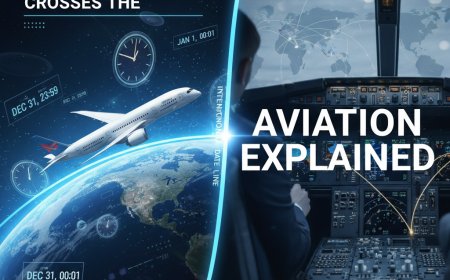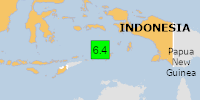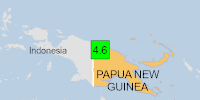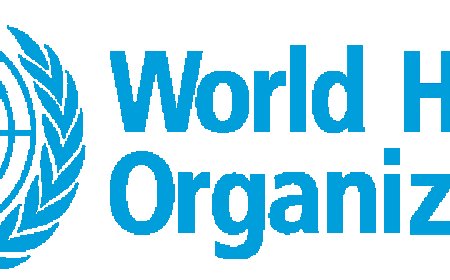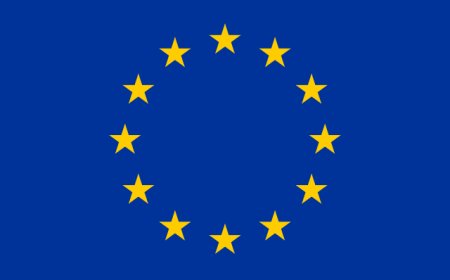Understanding the Role of IATA in Global Aviation
Discover how IATA shapes the aviation industry through safety regulations, cost management, and innovation.
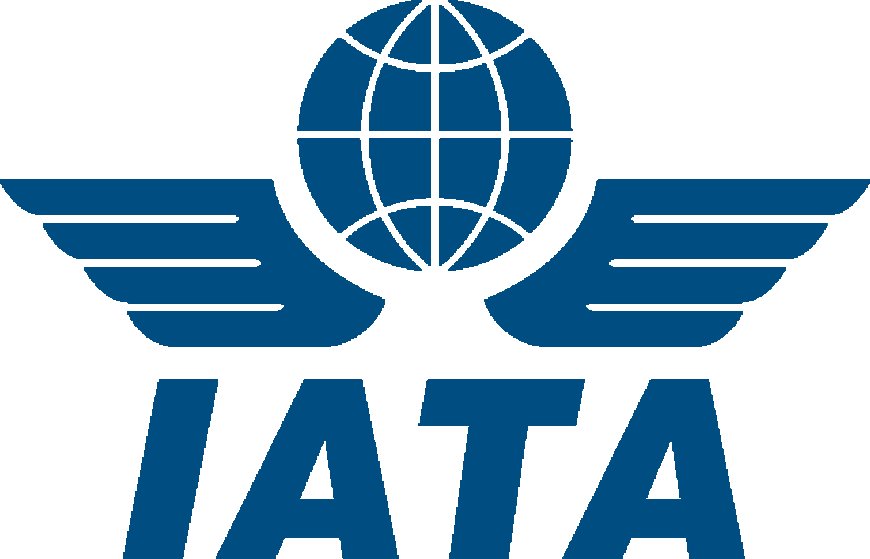
The Impact and Influence of IATA on Global Aviation
Introduction
The International Air Transport Association (IATA) plays a pivotal role in the aviation industry, acting as a driving force behind safety, operational efficiency, and innovation. Founded in 1945, IATA represents approximately 290 airlines, constituting 82% of the total air traffic worldwide. This organization is instrumental in setting standards and providing support to ensure safety, security, and sustainability in aviation.
The Role of IATA in Safety and Security
Safety is the cornerstone of IATA's mission. The association establishes global standards and practices to enhance aviation safety and security. IATA's Operational Safety Audit (IOSA) program is a benchmark for safety management, ensuring airlines adhere to stringent safety protocols. Additionally, the Security Management System (SeMS) emphasizes risk-based, proactive approaches to aviation security.
Operational Safety Audit (IOSA)
The IOSA program is recognized as the global standard for airline operational safety management. It evaluates the operational management and control systems of an airline, ensuring compliance with over 900 standards and recommended practices.
Cost Management and Efficiency
IATA supports airlines in achieving financial sustainability and operational efficiency through cost reduction strategies and streamlined processes. By advocating for fair airport fees and charges and promoting the use of efficient technologies, IATA helps airlines maintain profitability.
Technology and Innovation
Embracing technology is essential for the evolution of the aviation industry. IATA promotes digital transformation through initiatives like New Distribution Capability (NDC) and One Order, which revolutionize how airlines manage inventory, distribution, and customer interactions.
Environmental Sustainability
In response to growing environmental concerns, IATA has committed to reducing carbon emissions and promoting sustainable aviation practices. The association's initiatives, such as the Carbon Offset and Reduction Scheme for International Aviation (CORSIA) and Sustainable Aviation Fuel (SAF) programs, aim to minimize the industry's environmental impact.
Conclusion
IATA's influence extends across various facets of the aviation industry, from safety and security to operational efficiency and environmental sustainability. By setting global standards and advocating for innovation, IATA ensures the continuous advancement of air transport. To learn more about IATA's initiatives and their impact on aviation, visit the IATA website today.
References
International Air Transport Association. (2023). IATA. Retrieved from https://www.iata.org
What's Your Reaction?
 Like
0
Like
0
 Dislike
0
Dislike
0
 Love
0
Love
0
 Funny
0
Funny
0
 Angry
0
Angry
0
 Sad
0
Sad
0
 Wow
0
Wow
0






